
This week I attended the National Institute of Tribal Librarians conference held in Catoosa, Oklahoma at the Cherokee Casino. The conference attracted participants from as far away as Alaska and Hawa'ii. It was amazing to meet and talk with tribal librarians who work on reservations and in tribal villages with very small budgets and very few staff. Yet everyone I met had such a demonstrable enthusiasm and love for their work that it was infectious and inspirational to share ideas and stories with each of them.
From the presentation given by the librarian at Jemez Pueblo, NM (Tammy Sandia) to a private discussion with Lena Fall (Whiteriver Apache, AZ), I learned so much about the day-to-day struggles and successes that occur everyday in small, rural tribal libraries across the country.
The conference programs ranged from information on using Wikis as a communication tool within libraries to a very valuable session on how to apply for basic grants from the Institute of Museums and Library Services. I made a presentation on resources and materials that would make up a core Indian law collection. I began by explaining the difference between Federal Indian Law (the law imposed on Indian people by the Federal and, to a much lesser extent, State government) and Tribal Customary Law (the internal ways that Tribal people have resolved conflicts since time immemorial). I also shared my vision - a concept introduced to the conferees on the first day of the conference by noted Choctaw storyteller and keynote speaker, Tim Tingle.
Here is the vision that I read at the beginning of my presentation:
My vision is to see the courts of this country filled with Native attorneys and Native judges who are fighting for, litigating and deciding cases that advance Indian rights, land claims, and other issues that impact and improve the lives of Indian people across the country (and throughout the world). My vision includes the revitalization and growth of tribal courts that will serve to keep alive and promote traditional values and customary law that will go on to be incorporated into federal and state law and influence the decisions that federal and state courts make. My vision also is that tribal court decisions and tribal codes and constitutions and regulations will take their rightful place alongside other cases and laws as precedential authority of the third sovereign, and that someday a Native Justice will sit on the Supreme Court of the United States.
Through discussions prompted by my presentation and conversations that I had in the hallways outside the meeting rooms, I offered to send boxes of surplus law books to nascent tribal libraries whose budgets are so very small or non-existent.
Finally, I took away from this conference a renewed commitment to supporting tribal libraries as places where children (and in some cases, adults) may first encounter books and learn a love of reading that will stay with them and see them through their lives - no matter what their aspirations may be. To be a life-long reader is a great gift that is often imparted by a local librarian, and by giving that gift, a world opens up before a child's eyes and what a wonderful thing that is!

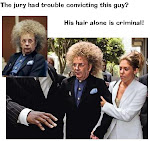
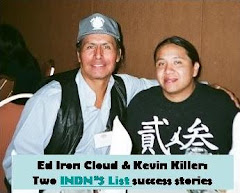
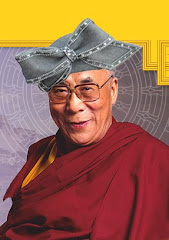



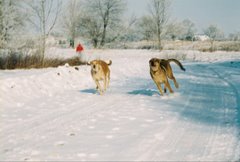
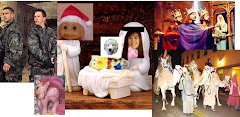

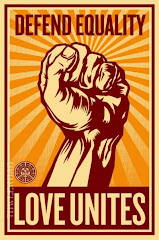
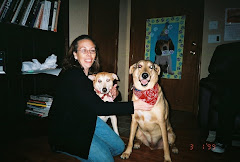
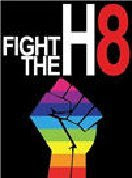
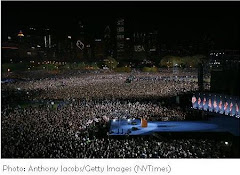
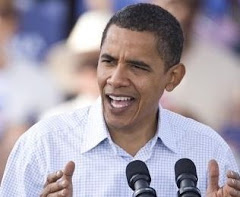


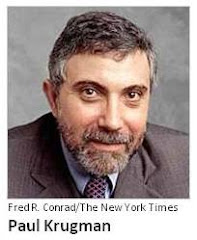







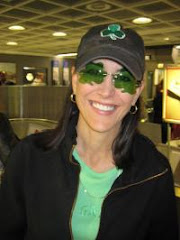
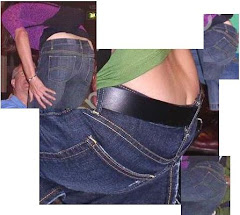




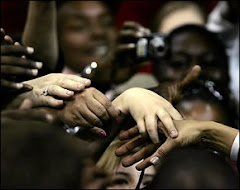
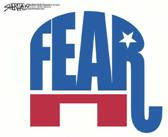






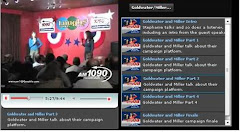




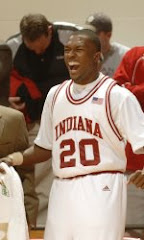







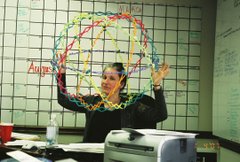
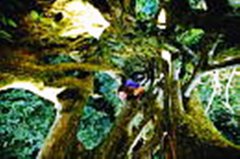

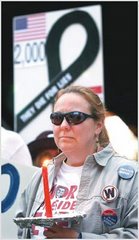
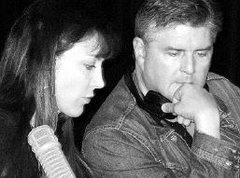


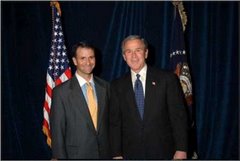





No comments:
Post a Comment